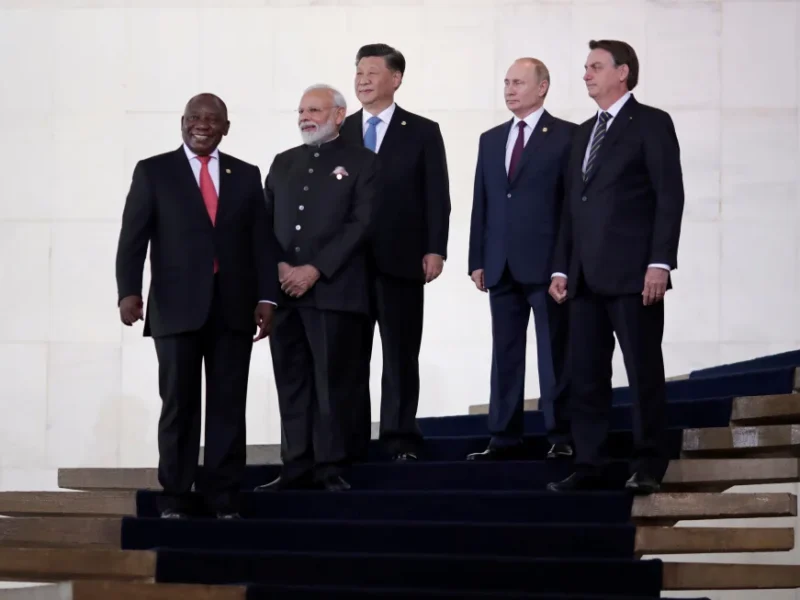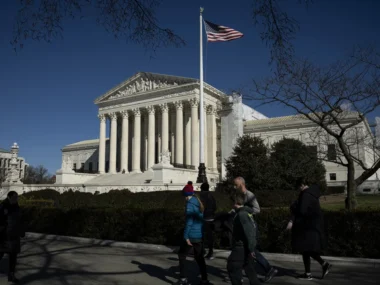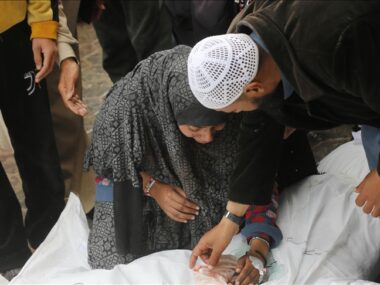South Africa announced on Wednesday that nearly three dozen countries are vying for entry into the BRICS economic group backed by China and Russia. This surge in interest follows the recent expansion of the group’s membership for the first time in over a decade.
South African Foreign Minister Naledi Pandor informed reporters that 34 countries have expressed interest in joining the bloc of major emerging economies. Russia, currently holding the rotating chairmanship of the group, is handling the applications. This marks the first time a member oversees the group since its significant expansion earlier this year, which saw Iran, Saudi Arabia, the United Arab Emirates (UAE), Ethiopia, and Egypt joining formally. The growing membership is seen as advantageous for China and Russia, who aim to reshape an international system they perceive as overly influenced by the United States amid escalating tensions with Washington and Western nations.
BRICS, initially consisting of Brazil, Russia, India, China, and South Africa since 2011, positions itself as a counterbalance to the Group of Seven (G7) major developed economies.
China, under the leadership of President Xi Jinping, has been a driving force behind the group’s expansion, advocating for an alternative global order and forging stronger alliances with key players worldwide, from Russia to the Middle East. This expansion, along with continued interest from numerous countries, is also beneficial for Russia, which faces economic and diplomatic isolation from the West following its actions in Ukraine.
Russia’s chairmanship presents a significant opportunity for President Vladimir Putin to counter this isolation and assert himself on the global diplomatic stage. Typically, world leaders attend the annual summit hosted by the chair nation.
The upcoming summit is scheduled for October in Kazan, Russia. Putin has encouraged participation from all countries interested in cooperating with BRICS, expressing Russia’s readiness to collaborate with all nations within the BRICS framework.
BRICS evolved from a summit-level meeting between Brazil, Russia, India, and China in 2009 and expanded to include South Africa in 2011. During the 2023 summit, six new countries were invited to join, with only Argentina declining.
The expansion brings major oil-producing Gulf economies into the fold and coincides with increased cooperation between Russia, China, and Iran, amid sanctions. China facilitated the restoration of relations between Saudi Arabia and Iran last year.
As BRICS moves towards enhanced diplomatic and financial coordination, including UN Security Council reform and reducing reliance on the US dollar in trade, finance ministers are exploring the use of local currencies for transactions among member states and international payment platforms, aiming to address perceived inequities and costs in the current payment system.











